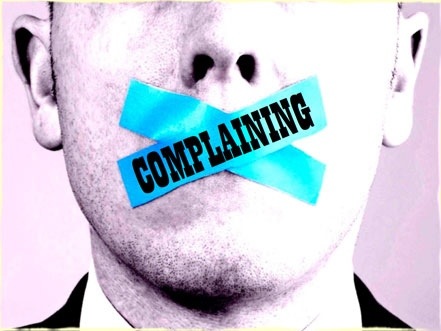
It’s a new year, and time to get a new job or a first job. With more people than ever fighting for a job in a down economy, how can you stand out and make it through all the bloodshed? There are a few ways I’ve seen students make a positive impression on potential employers, and one of the most important ways is responding with killer answers to tough interview questions.
This is the first post in a series of entries I’ll write about interview questions. Some of the most common interview questions are Behavioral Based Interview (BBI) Questions. The idea behind a BBI question is that past performance will indicate future success. The employer wants to know what you have done in the past to get an idea of how you will react to future situations in the firm. These are not hypothetical questions – you need to use real examples from your past to answer a BBI question.
These questions will generally start with, “Tell me about a time when…”
The typical topics interviewers are interested in are leadership experience, conflict, analytical skills, goal setting, innovation/creativity, and failure. A quick Google search of the most common interview questions will yield results that fall under those primary categories. Begin to think of some relevant stories for each of those topics long before your interview.
The reason I say stories rather than answers is because you need to answer BBI questions with a well-developed story. The best way I know to help students practice putting stories together for an interview is the STAR Method. STAR stands for Situation, Task, Action, Result. Use this method to craft your BBI stories. Go two or three stories deep for each topic, and practice your stories with friends.
Here is an example of what I mean:
“Give me an example of a goal you didn’t reach, and how you handled it.” This would be an example of a goal setting, conflict, and failure question.
Situation: My sophomore year, an ambassador for the International Programs office came to speak to my class about international internships. I heard that my university offered a Parliamentary internship in London, and that it was the most competitive position available, with only two people accepted each year. I wanted that internship!
Task: By the summer before my senior year, I had saved enough money and had built up enough experience on my resume to be eligible to apply for the program. I got past the initial screening and was finally offered a phone interview with a campaign manager for one of the MPs (Members of Parliament).
Action: I completely failed my interview. The campaign manager asked me my personal political opinion and I tried to dodge the question by saying I would represent my politician’s views to his constituents during my term in his office, but he kept pushing for an answer. Knowing that most politicians in England are more liberal than I am, I tried to defend my fiscally conservative position. He asked me to prove how a fiscally conservative government could provide for social projects, and I gave examples of big business sponsoring social programs. I even included personal examples of how Fortune 500 companies had helped my social entrepreneurship club with some community initiatives. But I don’t think he believed me!
Result: I did not get the internship with Parliament that summer, and I think it actually worked out for the best. I got an internship instead at an international dot com business headquartered in London and worked in sales, marketing, and public relations. I was living in the same building as the two students who were working at Parliament, and I found that in a smaller business setting I had far more opportunities to make a difference in the company than they had in Parliament. I sat next to the CEO and worked directly with country managers every day in my internship, where they were lucky to see their MP at all for the whole summer.
Make sure your stories fully answer the question, are memorable, and (especially for conflict and failure questions) depict the end result in a positive way. You will need to spend a while thinking up these stories ahead of time, but avoid making them sound rehearsed. Also, don’t be surprised if they ask you follow up questions about your story, or for a second example!








